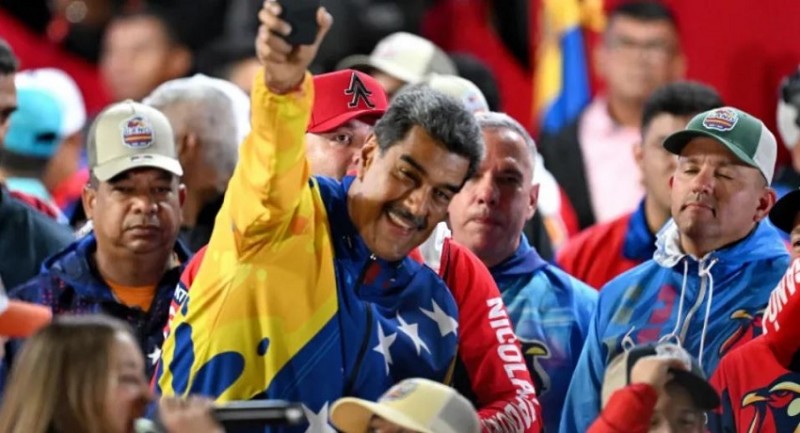
Venezuela’s presidential election results have sparked significant controversy, with opposition leader Maria Corina Machado declaring victory for opposition candidate González, despite the government’s announcement of President Nicolás Maduro as the winner.
According to Machado, data from campaign representatives monitoring about 40% of ballot boxes indicated an “overwhelming” victory for González. However, the National Electoral Council, dominated by Maduro loyalists, initially reported that Maduro secured 51% of the vote, while González received 44%. The Council has yet to release detailed results from the 30,000 polling stations nationwide, promising to do so in the “coming hours,” which has complicated efforts to verify the outcome.
The election results have not been widely recognized by foreign leaders. Chilean President Gabriel Boric expressed skepticism, stating, "We won't recognize any result that is not verifiable.” US Secretary of State Antony Blinken echoed these concerns, emphasizing the need for transparency and fair counting of votes. He urged election officials to immediately share information with the opposition and independent observers and to publish the detailed vote tabulation.
Costa Rican President Rodrigo Chaves outright rejected the results, calling Maduro's victory “fraudulent.” He stated, "The government of Costa Rica rejects categorically the proclamation of Nicolás Maduro as president of the Bolivarian Republic of Venezuela, which we consider fraudulent."
The announcement of the results, delayed by six hours, suggested internal debates within the government on how to proceed, especially after the opposition had claimed victory early in the evening. When Maduro eventually celebrated the results, he accused foreign adversaries of attempting to hack the voting system.
Who is Nicolás Maduro?
Born in Caracas, Nicolás Maduro is a self-declared Marxist and Christian. He began his political career as a union leader for Caracas metro workers and received political education in communist Cuba during the 1980s. Maduro rose to power as Hugo Chávez's chosen successor, narrowly winning his first election in 2013 after Chávez's death from cancer. Since then, he has faced numerous crises, ruling with a strong hand and consolidating his power as Venezuela's economic and social conditions deteriorated.
Maduro’s Regime
Maduro's presidency has been marked by a severe economic crisis, rampant inflation, and critical shortages, worsened by the collapse of the oil boom due to plummeting global crude prices. Despite facing threats, including a failed 2018 drone attack, international sanctions, and non-recognition of his 2018 re-election, Maduro has maintained control over the judiciary, legislature, military, and other state institutions. He has also sustained crucial alliances with China, Russia, and other autocratic regimes, helping to keep Venezuela afloat.
Maduro has blamed the United States and Western nations for Venezuela's economic downfall, perpetuating Chávez's anti-American rhetoric. Venezuela is currently under investigation by the International Criminal Court (ICC) for alleged human rights violations. Despite the turmoil, Maduro has shown a keen understanding of realpolitik.
Economic Impact
Venezuela, once boasting Latin America’s most advanced economy and holding the world’s largest proven oil reserves, has faced a dramatic decline under Maduro’s leadership. Plummeting oil prices, widespread shortages, and hyperinflation led to social unrest and mass emigration. Last year, Maduro secured a relaxation of US sanctions by agreeing to hold elections, only to later renege on these commitments, resulting in the reinstatement of sanctions in April. Despite this, Washington is allowing oil companies like Chevron and Repsol to apply for individual licenses to continue operations in Venezuela.
Latest World News Updates: